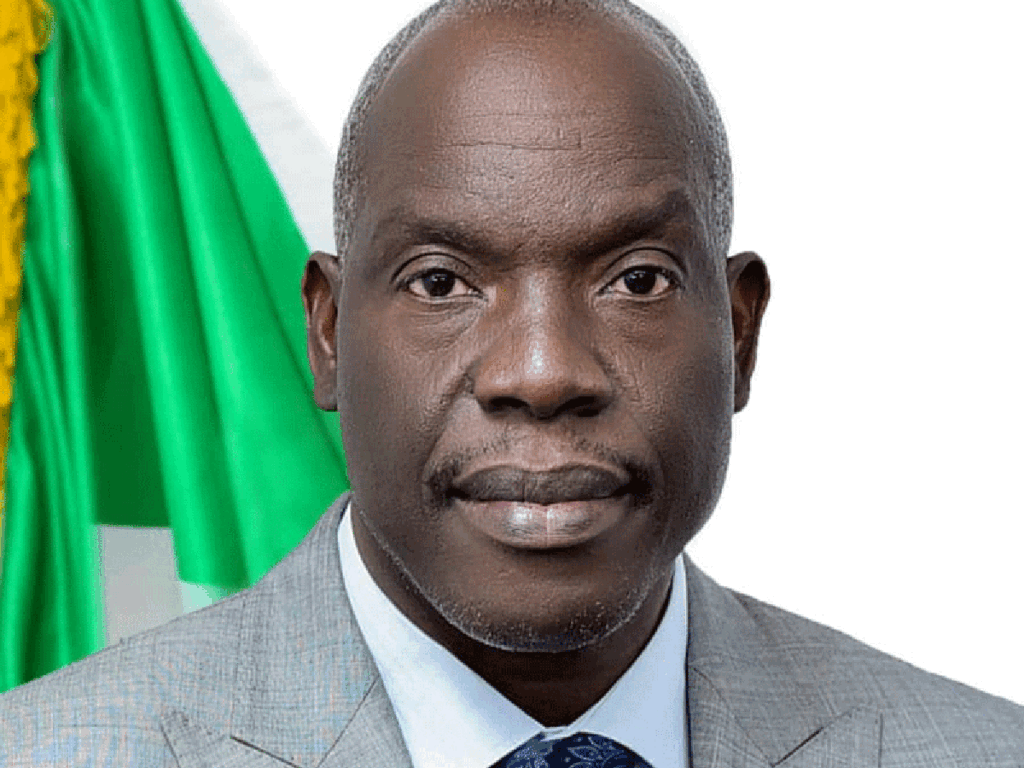The Federal Government has approved an amendment for the 2022/2023 calendar on deep offshore oil block mini-bid round as part of its efforts to boost confidence in the transparency and continuity of the process.
A statement issued Saturday by the Nigerian Upstream Petroleum Regulatory Commission (NUPRC) said the move was to accommodate the concerns expressed by both local and international investors over the closeness of the schedule to the terminal date of President Muhammadu Buhari administration.
A statement signed by the NUPRC Chief Executive Officer, Mr. Gbenga Komolafe, said Buhari made the approval in his capacity as the Petroleum Resources Minister.
Komolafe said the commission revised the deep offshore oil block bid round schedule by extending the deadline for the submission of Technical/Commercial bids to May 19, 2023.
In addition, he stated that the timeline for concluding activities of contract negotiations and signing is now between July 3 and 28, 2023.
He explained that 2022/23 deep offshore oil block mini-bid round was progressing under the bid round schedule.
“The outstanding activities for the conclusion of the exercise include the technical/commercial bid submission and the ministerial consent/contract negotiation and signing.
“The technical/commercial bid submission involves data access, purchase, evaluation, bid preparation, and submission; bid evaluation and publication of results as well as commercial bid conference and announcement of winners,” he added.
Komolafe reiterated the commission’s commitment to conducting the bid round in a manner that would guarantee the achievement of the objectives of the exercise, pointing out that participation would be robust and beneficial to key stakeholders.
Constant interrogation and oversight of the process, according to him, revealed two concerns, which he said the commission felt might impact the success of the exercise if not immediately addressed.
“The concerns are the plan to conclude the bid process before the transition to the new government and the need to guarantee the participation of qualified indigenous companies, working collaboratively with multinationals and the International Oil Companies (IOCs) to leverage technology, funding, and expertise in the deep offshore,” he stated.
The commission, he recalled, had already announced the requirement for the Joint Venture (JV) arrangements between the IOCs and indigenous companies, stressing that it had also amended the guidelines, accordingly.
This measure, the NUPRC chief executive noted, has not only addressed the second concern but also supports the Nigerian content requirements of the bid round.
“It is also in accordance with Section 16(1)(a) of the Nigerian Constitution, which provides that resources of the nation shall be harnessed in a manner that promotes national prosperity and efficient, dynamic, and self-sustaining economy.
“The extension of time is also to afford interested multinationals and IOCs enough time to enter into, and conclude the necessary joint venture arrangements as well as allow for proper evaluation of relevant data by all bidders,” Komolafe concluded.
Recall that Nigeria, which targets three million barrels per day of crude oil production and a reserve of 50 billion barrels, has been struggling to meet its Organisation of Petroleum Exporting Countries (OPEC) quota of 1.8 million barrels per day.
NUPRC had announced in January that the winners of the mini-bid for the deep offshore licensing round would be announced in four months to bring the process to an end.
However, all awardees, the commission said, must be duly registered in Nigeria under the Companies and Allied Matters Act (CAMA) and may participate either as an individual company or as a consortium
In the bid round, seven Petroleum Prospecting Licences (PPLs) are up for grabs while Wood Mackenzie was contracted as the consultant for the mini-bid.
The listed seven deep offshore open blocks include PPL-300-DO, PPL-301-DO, PPL-302-DO, PPL-303-DO, PPL-304-DO, PPL-305-DO, and PPL-306-DO.
The seven deep offshore blocks covering an area of approximately 6,700 km2 in water depths of 1,150m to 3,100m are intended to be the first in a series of bid rounds aimed at further development of Nigeria’s prospective petroleum basins, according to the NUPRC.
In the last bid round held in April 2007, a total of 45 blocks were put on offer under a different regulatory regime, the Petroleum Act, of 1969.
The mini-bid exercise was designed to attract competent investors from across the world who have the capability and competence in operating in the deep water environment.

